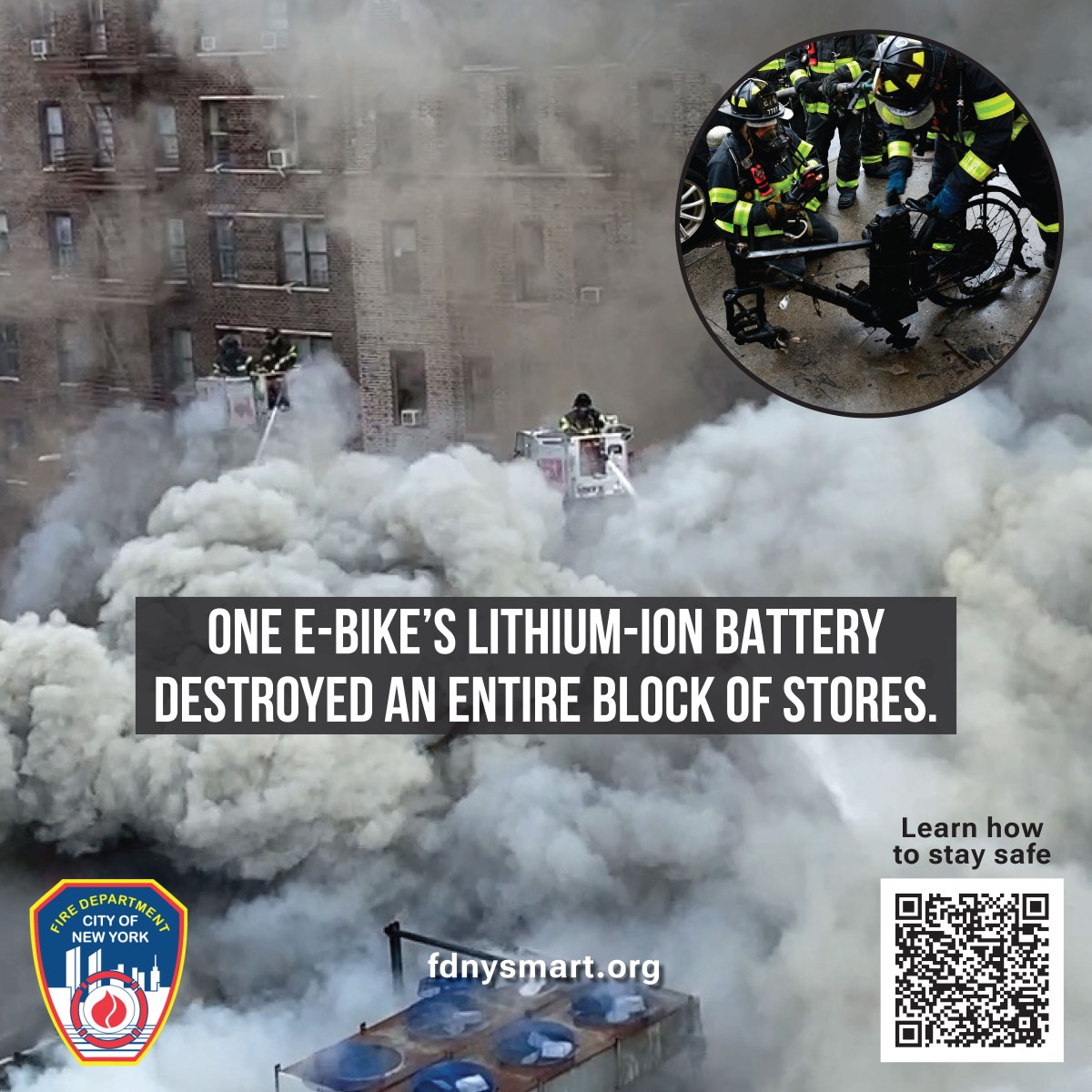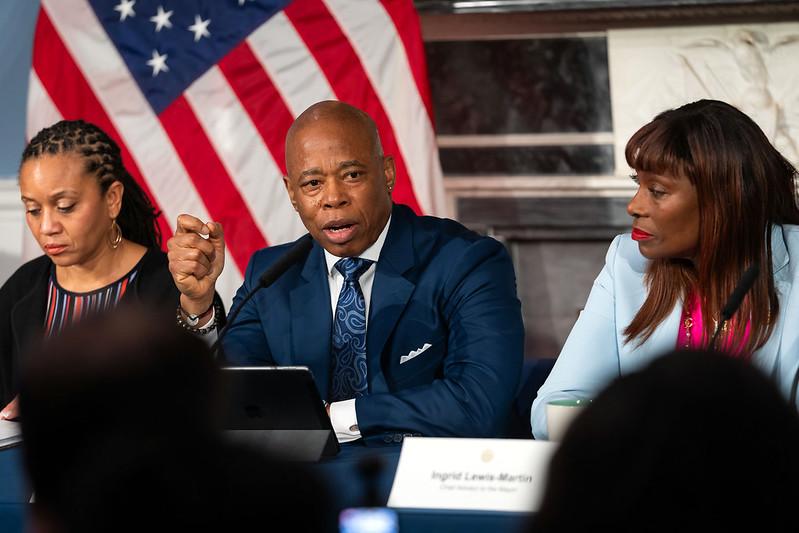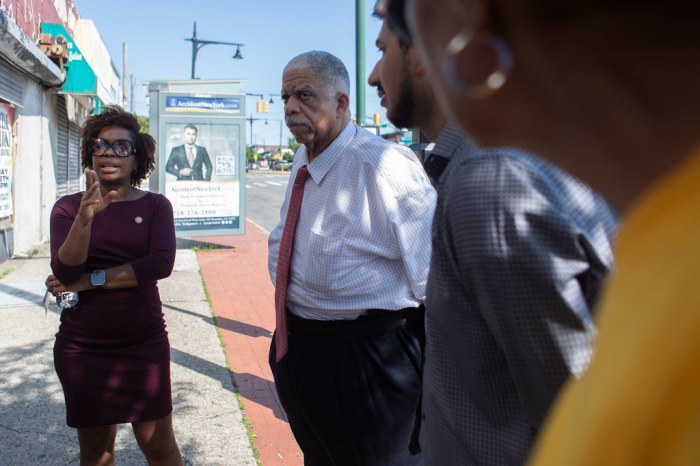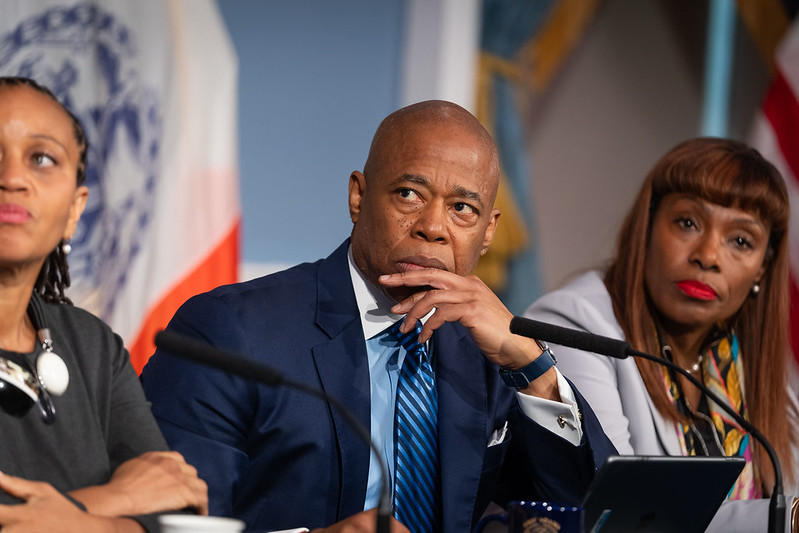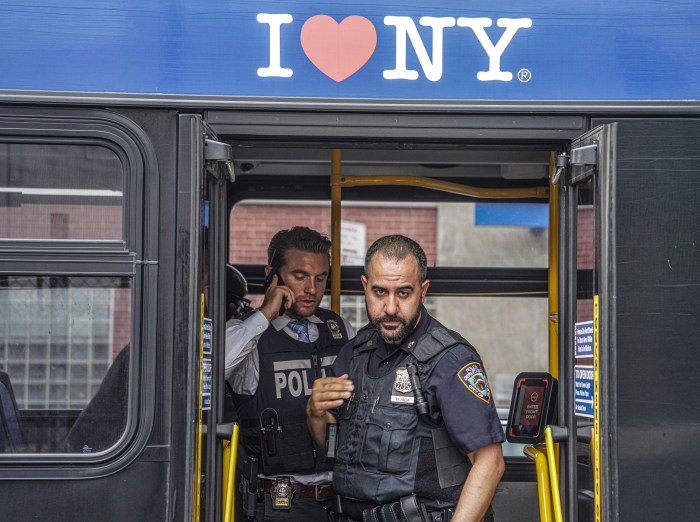Like all Americans, I will never forget where I was the morning of the 9/11 attacks. As I reflect on that terrible day 10 years later, the overwhelming image that stays with me is the amazing acts of heroism and selflessness we saw that absolutely define us as a nation – ordinary Americans who didn’t need to be asked to commit extraordinary acts. They ran up those towers as everyone else was running down to search for survivors and save lives, spending countless hours on the pile of rubble in the days that followed recovering those we had lost.
They came to America’s rescue in our greatest hour of need. As a result, tens of thousands of these heroes became sick and are now literally dying from the toxic brew they inhaled at Ground Zero.
That’s why in my first two years in the Senate I was so passionate about fulfilling our moral obligation to the heroes of 9/11, providing them with the proper health care and compensation they need.
One thing is clear: we must continue to stand by our first responders and provide them with the latest tools and resources needed to handle a major national emergency and save lives.
Ten years later, one of the key recommendations from the 9/11 Commission Report has yet to be implemented. The committee identified insufficient interoperability between communications systems used by first responders during the attacks and rescue efforts at Ground Zero as a major issue that needs to be addressed.
Firefighters, police officers, emergency medical technicians, and other public safety professionals currently communicate on different frequencies and with different systems, creating barriers to providing a coordinated and efficient response during an emergency situation.
The technology exists today. It has languished due to a lack of political will.
It is simply not good enough when, as New York City Police Commissioner Raymond Kelly said in his testimony in Washington, “a 16-year-old with a smart phone has a more advanced communications capability than a police officer or deputy carrying a radio.”
It is time to bring first responder technology into the 21st Century. We should not wait another single day to pass this strong, commonsense, bipartisan legislation which has the enthusiastic support of law enforcement officials across the country.
It works by providing our first responders and public safety officials with the critical interoperable radio airwaves needed to effectively communicate in the event a major response is needed. It creates the framework for the deployment of a nationwide, interoperable, wireless broadband network for public safety by allocating 10 megahertz of spectrum, known as the “D-block,” to public safety.
This nationwide interoperable broadband network would finally enable first responders to communicate across jurisdictions, share critical data such as video feeds and up-to-date information in real-time – making complex operations easier and safer.
The “D-block” would arm our men and women on the ground with the technology needed to share and disseminate information quickly and seamlessly, including receiving background checks, fingerprints, photos, and videos instantly. Firefighters would be able to receive high speed file downloads, including floor plans for a burning building. Police officers could use a handheld device to look up outstanding warrants before arriving at a location. EMS workers could exchange diagnostic information about a victim with doctors while en route to the hospital.
At a time when Congress is rightly concerned with cutting spending, this legislation pays for itself by generating the necessary revenue to pay for the development and deployment of this network. In fact, it even reduces the deficit by $6.5 billion. And it does not place any burdensome requirements on public safety entities to return the spectrum that they currently use.
Just as we did with the 9/11 health bill for our heroes, Congress must and can come together, Democrats and Republicans, to pass this legislation. And we should do it now so our heroes have the best technology available when duty calls.
Kirsten Gillibrand is the Junior Senator from the State of New York. She was the lead Senate sponsor of the James Zadroga 9/11 Health and Compensation Act that was signed into law by President Obama earlier this year.











